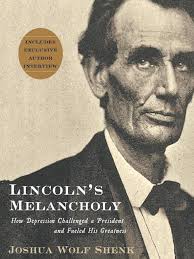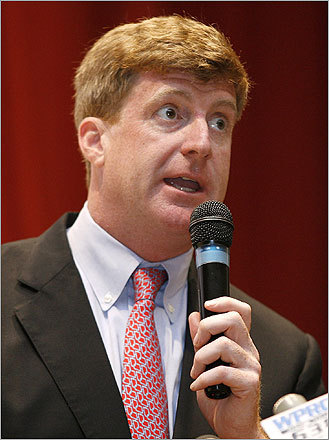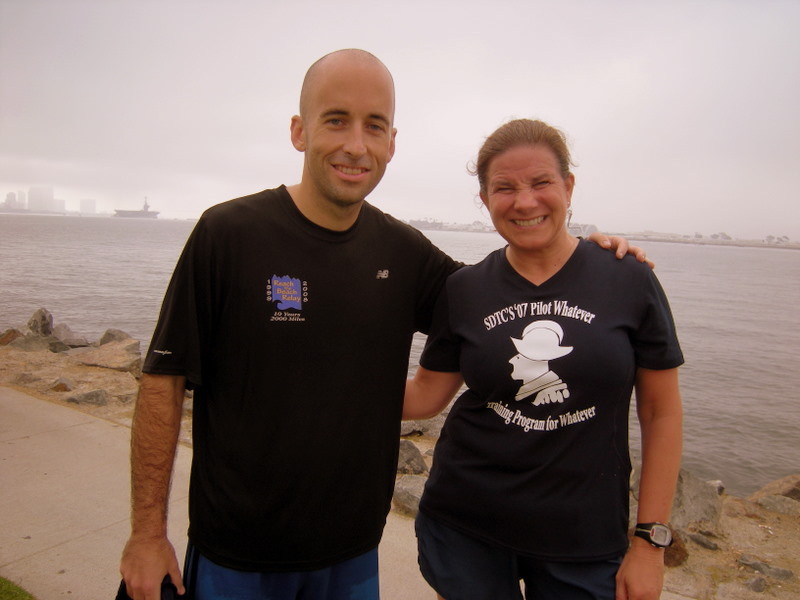The author reflects on the zombie-like state he tends to be in after a whirlwind trip, and the not-so-smart way he used to handle it.
Mood music for this post: “Pretty Vacant” by the Sex Pistols:
[youtube=http://www.youtube.com/watch?v=zmHhB9zV_rQ&hl=en_US&fs=1&]
So here I sit in my favorite chair by the living room window. The sun shines through. A thick cup of coffee is on the table beside me. I’ve gotten some rest.
But there’s still a lot of white noise going off in my head, kind of like a TV that’s turned all the way up when the cable goes out and the sound of static fills the room. And if you stare me in the eye, all you’ll see are a couple of vacant holes.
This is typically what happens when I return from a security conference. I sink into a depression of sorts. I come home on a mental high after a successful trip, then the day after, as I come down from that feeling, the mood sinks downward. Call it a coming-down-from-the-mountain feeling.
But I handle this sort of thing in a much healthier manner than I used to, though. Let’s take a look at the before and after…
2005:
This is a good place to rewind to because it was my first trip to the RSA security conference. I was edgy as hell, having been warned a hundred times that this was a grueling conference, with vendor briefings from dawn to dusk, and the need for lightening-quick keynote write-ups.
I had only recently started treatment for OCD . My mind was raw and bloodied as the therapist led me back into my past to figure out how I got to be such a freak.
My boss and office mom, Ann Saita, did her best to make me feel at ease but I was in Hell anyway.
At the time, I was terrified of flying. I walked into the hotel and started to assess the sturdiness of the building in the event of an earthquake. I woke up the first morning of the show — the busiest day at that — with a 102 fever. This was a classic case of mental illness causing physical sickness.
I wrote about seven stories that week: The quick, crappy kind. At night I went hopping to the various parties, sucking down all the free wine and gorging on whatever food was there. I got home and spent the next week sick in the body and soul.
Before we fast-forward to the present, it’s important to note that at the time one of my problems was that I was a people pleaser. Specifically, this meant pleasing the bosses and showing them that I was indeed the golden boy they had been hearing about. The thought of coming up short was simply too much to take. But somehow I got through it, and each trip back to San Francisco has been better than the last.
2010
So it’s five years later and I’ve gone through years of mental rehabilitation. I wrote seven stories this time, just like I did five years ago, plus two podcasts.
I still woke up today with the post-travel blues.
But the comparisons end there.
Here’s what’s changed:
— Part of recovery for me has been accepting that you can’t let your life hinge on pleasing others, whether it’s your boss or your mother. Free of that burden, a conference like this becomes a lot more fun.
— I wrote as much as I did simply because I was interested in the content and thought the readers would be interested, too. In fact, I had a blast doing it.
— I kept my eating strict and stayed sober at the evening events, though, truth be told, I’m still trying to figure out how to talk to people without a glass of wine in my hand. I’m pretty sure I did fine.
— Like last year, I enjoyed the company of others like I never used to before. I ran into a lot of people I collaborate with online, and it sure was great to see their faces.
— Instead of dreading the airplanes, I enjoy flying. I love looking out the window with the blue sky above and the clouds below. When the clouds go away on a cross-country flight, you can see the snow-covered Rocky Mountains and the desert canyons, and you realize just how vast, varied and spectacular this country is.
— When I come home I embrace Erin, Sean and Duncan with more zeal than I used to. I loved them just as much back then, but the mental haze kept me from showing it very well.
Come to think of it, I was like that without the travel. Now I allow myself to feel the joy of being back under the same roof as them.
I got the kids to school this morning, got my snuggles in with them and got some time with just me and Erin.
Life is grand.








 I’ve been there. Migraines. Brutal back pain. A stomach turned inside-out.
I’ve been there. Migraines. Brutal back pain. A stomach turned inside-out.
